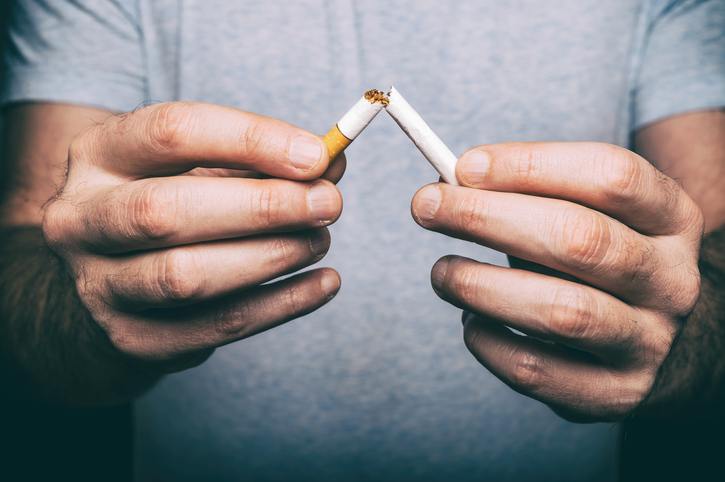
We’ve all been hearing for years that eating red meat is bad for your health and may be linked to increased risks of developing cancer. The same reports say that we need to eat more vegetables and fruits to reduce our chances of developing cancer.
The American Institute for Cancer Research has a list of 10 Recommendations for Cancer Prevention. Number 4 on that list states:
“Eat more of a variety of vegetables, fruits, whole grains and legumes such as beans.”
Number 5 on that list states:
“Limit consumption of red meats (such as beef, pork and lamb) and avoid processed meats.”
When you click on the link to red meats, you will find:
“To reduce your cancer risk, eat no more than 18 ounces (cooked weight) per week of red meats, like beef, pork and lamb, and avoid processed meat such as ham, bacon, salami, hot dogs and sausages.”
According to the World Health Organization, studies have shown that eating red meat increases the risk of colorectal, pancreatic and prostate cancers.
New research may suggest that the association of eating red meat and cancers may be due to some of the amino acids found in the proteins in red meat. Proteins are made up of amino acids, some of which, may have shown to feed cancer cells.
According to a recent report:
“Researchers at the Cancer Research UK Beatson Institute and the University of Glasgow found that removing two non-essential amino acids — serine and glycine — from the diet of mice slowed the development of lymphoma and intestinal cancer.”
“The researchers also found that the special diet made some cancer cells more susceptible to chemicals in cells called reactive oxygen species.”
“Chemotherapy and radiotherapy boost levels of these chemicals in the cells, so this research suggests a specially formulated diet could make conventional cancer treatments more effective.”
“The next stage would be to set up clinical trials with cancer patients to assess the feasibility and safety of such a treatment.”
Although many reports list serine as a non-essential amino acid, it does play an important part in helping to form the protective myelin sheaths that protect nerve cells. Too much serine has also been shown to be toxic to nerve cells, so there needs to be a balance.
In the report above, they also list glycine as a non-essential amino acid, yet WebMD.com, glycine has numerous purposes and is found in meat, fish, dairy and legumes. It has been shown to help in the treatment of schizophrenia and preliminary studies indicate that it may help regulate blood sugar in people with Type 2 diabetes.
While more research is needed to see if cutting out or reducing the intake of serine and glycine actually helps to starve cancer cells or increases the effectiveness of other cancer treatments, according to Dr. Oliver Maddocks, a Cancer Research UK scientist at the University of Glasgow:
“Our findings suggest that restricting specific amino acids through a controlled diet plan could be an additional part of treatment for some cancer patients in future, helping to make other treatments more effective.”
Early studies did indicate one drawback and that was using a serine and glycine free diet to help treat cancers with the Kras gene, such as many forms of pancreatic cancer. It seems that the Kras gene allows the cancer cells to make their own serine and glycine.
However, be warned before you go on a serine and glycine free diet on your own, that you may be risking your health needlessly. According to Professor Karen Vousden, Cancer Research UK’s Chief Scientist and study co-author:
“This kind of restricted diet would be a short-term measure and must be carefully controlled and monitored by doctors for safety. Our diet is complex and protein — the main source of all amino acids — is vital for our health and well-being. This means that patients cannot safely cut out these specific amino acids simply by following some form of home-made diet.”
New breakthroughs in the treatments of various forms of cancers are always being made and perhaps someday, researchers will find some of the secrets behind the formation of cancer cells and how to block their formation in the first place.
